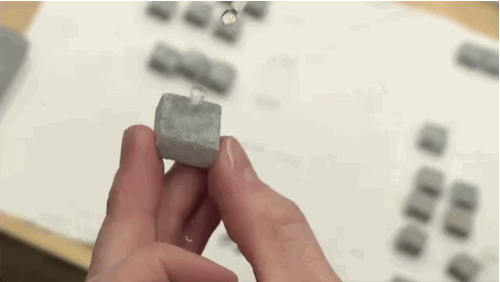On the panel, from left to right:
- John Moores, Architect, Gensler (Moderator)
- Anne Dennington, Executive Director, Flux Projects
- Chris Martorella, President of Investment Management, Integral Group
- Kwanza Hall, Atlanta City Council
- Steve Simon, Founder/Partner, Fifth Group Restaurants
Here are my few takeaways from this panel discussion. For the most part, the discussion echoes Midtown Alliance's annual meeting back in February. Looking forward to hear progress updates for ongoing projects.
- Good design and amenities: What is already figured out:
- Walk, live, work, play, and dog parks.
- Connectivity.
- Great mix of retail, food, arts, education, and green space.
- Housing projects that make sense.
- The "bones for growth" are in place.
- Demographic needs
- People who create jobs (downturn survival).
- Investors.
- Retain university graduates (young people define where the jobs go, examples Silicon Valley and Denver).
- Transportation needs
- Rethink the public perception about MARTA.
- Bike lanes.
- Artistic needs
- Someone needs to come up with a vision and plan.
- The city has ultimate leadership on arts initiatives.
- Leverage the talent and infrastructure available to support art and food events.
- Challenges
- Safety (in the back streets).
- Accessibility (from Airport and other parts of town; for locals and visitors).
- "Do things very well and people will talk about you." - Atlanta's food scenery is quite well developed.
- Value quality of life and improve the work/life balance.
- Atlanta's spread makes it "difficult to make things visible."
- Pursue more "Attractive Development" projects.
- Generate the same "buzz" and goodwill as university incubators and research labs currently do.






